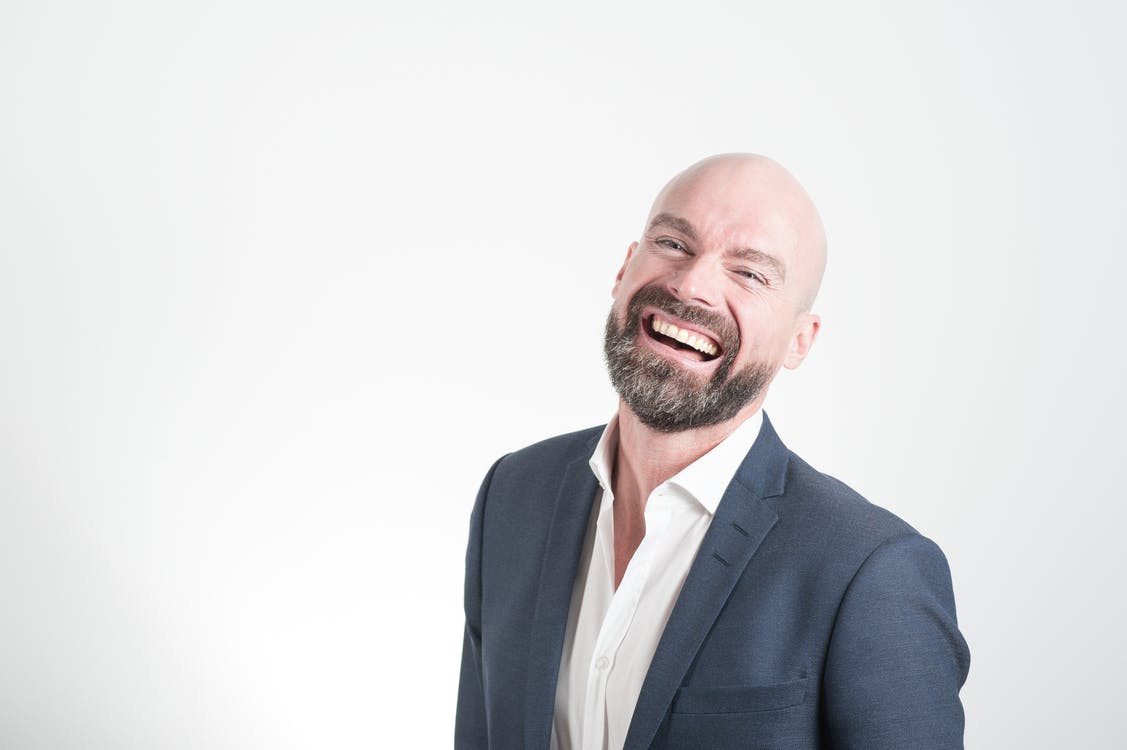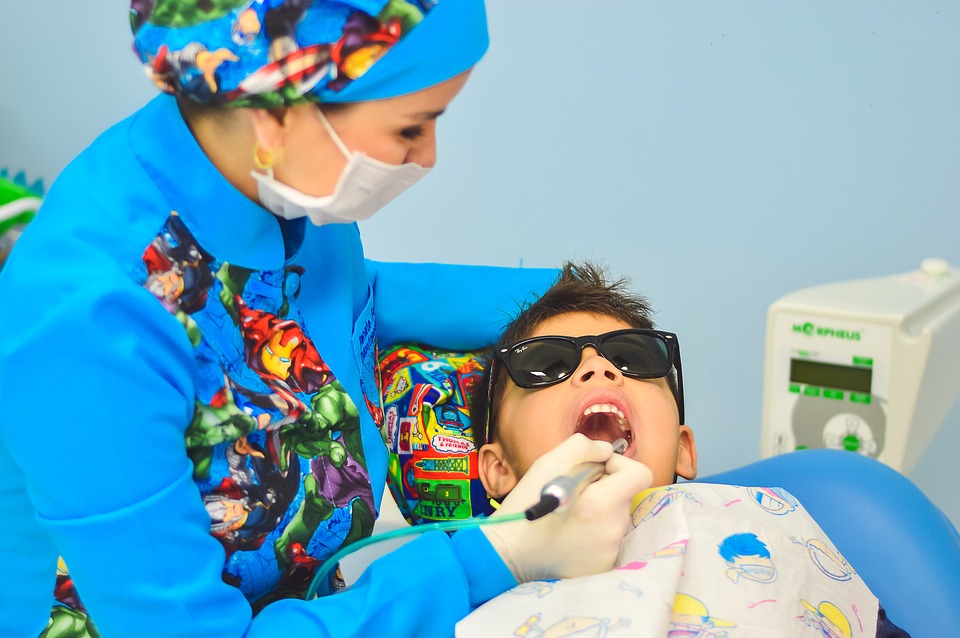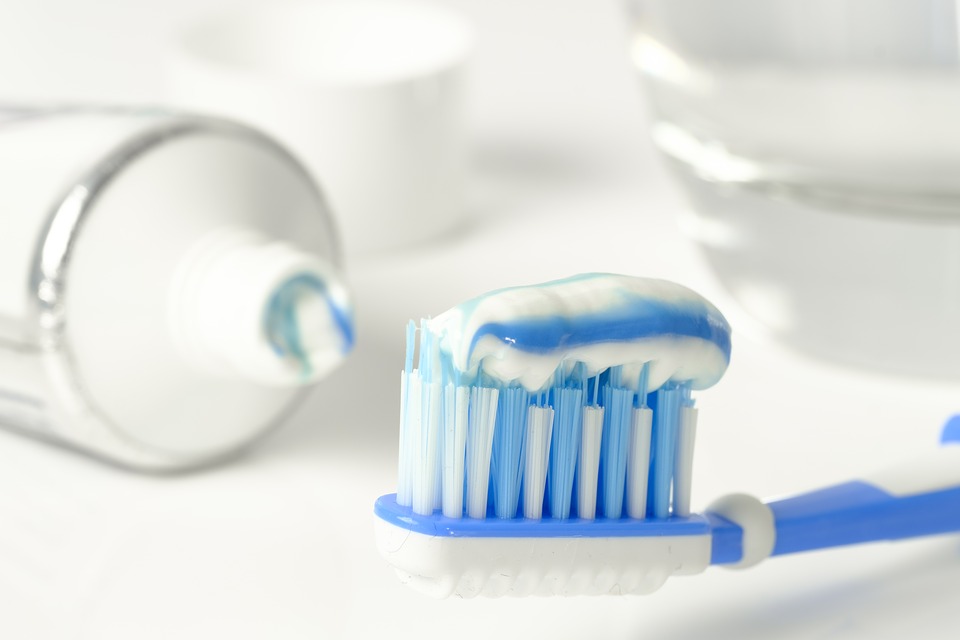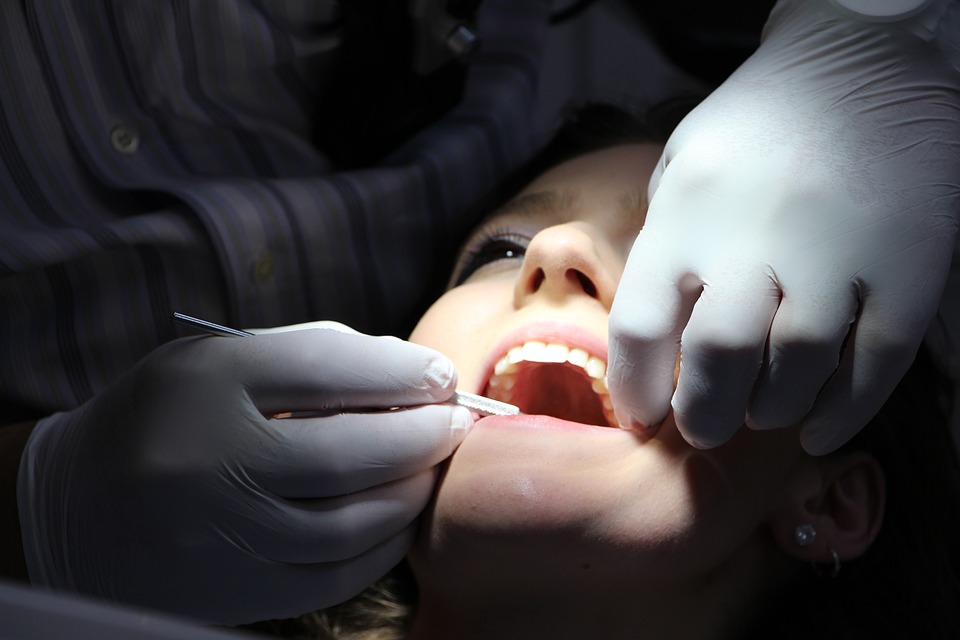Do you fear the dentist’s chair like no other? Have a very low threshold for pain? Have generalised anxiety issues? Then you may be a candidate for sleep dentistry. Sleep dentistry, or sedation dentistry, is when you are sedated during a dental procedure. This type of dentistry is designed so that the patient can be as comfortable as possible while undergoing a dental procedure.
There are different types of sleep dentistry available, and not all dentists offer all types of sedation – and they may only offer some types for some procedures.
Typically, there is minimal sedation, where you are given something to relax but are still fully awake throughout the procedure. There is moderate sedation, where you are awake but groggy (aka conscious sedation), and you may not remember a lot throughout the time in the chair. There is deep sedation – where you are just barely asleep or half awake but can still be roused, and general anaesthesia, where you are entirely unconscious throughout the procedure.
For minimal sedation, you have the option of laughing gas or taking a pill so that you can be relaxed but still awake throughout your procedure. For moderate to deep sedation and general anaesthetic, these are generally brought above via IV. These type of sedative effects are less common than minimal sedation techniques as they require a higher degree of care from dentists as well as a higher risk of complications arising.
You may be a candidate for sleep dentistry if you have fear or anxiety surrounding dental procedures of any type, or you have a low threshold for pain, and you are undergoing a painful procedure. While dentists can often use local anaesthetics to numb pain, or a dental block, if this is applied with a needle it can be quite painful and/or scary.
For minimal sedation through to higher doses of a pill that can bring about moderate sedation, most people are fine to receive these dentistry techniques. The only thing that may cause issues is if you are in feeble health, or if you have an allergic reaction to the substance itself. This is generally avoided by letting your dentist know in advance of any allergies that you might have.
As for deeper sedative methods, this will require you to be in good health, as well as many other factors, for instance not eating or drinking at least 6 hours before undergoing a general anaesthetic. Because these are riskier types of sedation, it is important that you follow the dentist’s orders correctly, as well as fully disclose any health conditions that they ask about. They are not there to judge you, only to make sure that you are going to be okay throughout your dental procedure.
If you are interested in any of the above forms of sleep dentistry, then it is a good idea to have a chat with your dentist about it. Even though they may not have sleep dentistry in their practice, they may be able to direct you towards a practice that does do sleep dentistry.
If your dentist says that you are not a candidate for sleep dentistry, it’s important to listen to their reasons why. If their reasoning is something like your weight then you may be able to address this and then be a candidate for sleep dentistry. Also, you will need to remember that some dentists offer sleep dentistry for some procedures and not for others. For the most part, if you are merely undergoing a regular checkup and clean then you will not have the option of sleep dentistry for the procedure.





